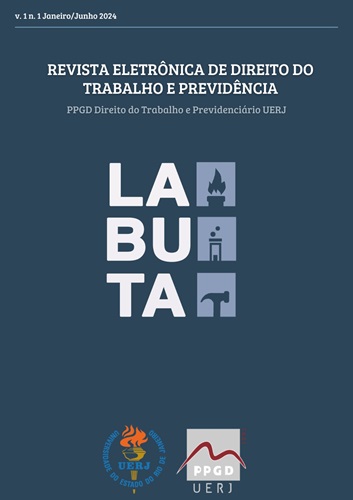The Right to a Family Basic Income: the constitutionalisation of the right to a minimum income in Brazil
Keywords:
Family Basic Income, Minimum Income, Citizens' Basic Income, Fundamental Rights, Social StateAbstract
This study analyses the configuration of the right to a Family Basic Income, as introduced in the sole paragraph of art. 6 of the 1988 Constitution, through Constitutional Amendment n. 114/2021. The research addresses relevant aspects of the process of drafting the rule, as well as the normative context that preceded it, in particular the Bolsa Família Programme, the Emergency Aid to Workers and the Citizens' Basic Income, as well as the Writ of Injunction n. 7300, in which the unconstitutionality of the omission to regulate the law creating the latter was recognised. Also analysed is the New Bolsa Família Programme, which is presented as a supposed stage in the implementation of the Family Basic Income and the Citizen's Basic Income, highlighting the normative characteristics that make it inconsistent with fulfilling this purpose. The differences in design between minimum income policies and basic income policies are demonstrated, classifying the object of the fundamental right to a Family Basic Income in the first group, as well as the rights to payments of the other income protection policies already implemented in Brazil, and the right to a Citizen's Basic Income in the second group, which only in its initial stages can be configured as a minimum income, focused on the neediest part of the population.



